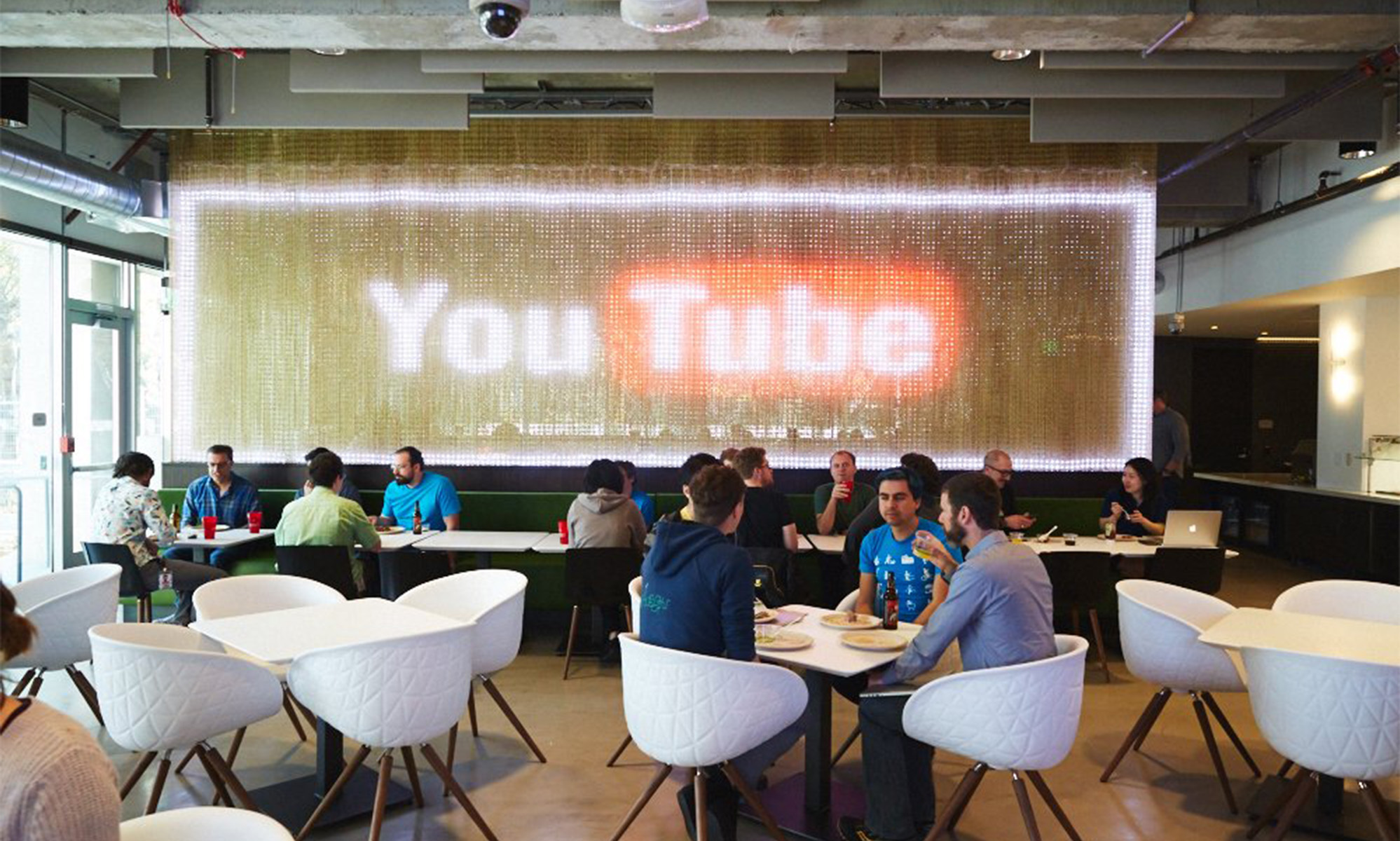Since 2010, Google (GOOG +1.55%) (GOOGL +1.47%) is aggressively aiming to enter the streaming television market. The good news is the company's $35 HDMI streaming dongle, Chromecast, has been fairly successful. The bad news is the company has continuously struggled with Google TV, a streaming platform with access to Android apps.
As Gigaom reports, the tech giant is now replacing this platform with a much more competitive one called Android TV, through which users can enjoy a friendlier UI and Android games. The company will reveal more about this product at its I/O 2014 developers conference at the end of this month. So far, the move seems like a way to keep up with competitors like Amazon.com (AMZN +0.21%) and Apple (AAPL +0.54%), which sell set-top boxes with particular differentiation features.
Diversifying revenue
In its latest quarterly results, Google's financial results were not satisfying. Despite showing a yearly increase of 19%, its revenue of $15.4 billion fell short of analyst expectations of $15.54 billion. Moreover, its earnings per share of $6.27 failed to meet the expected $6.41.
Google's main source of revenue is ads. Yet, the company's other services and units comprise a much more diversified revenue, which may serve as safe cushions for drawbacks in the ads system. If Google manages to establish solid relationships with TV manufacturers for Android TV, then it can count on a stable source of revenue if and when the company comes under pressure.
Solid improvement of portfolio
Android TV seems like a sound way to improve its portfolio, as Google lets go of a burden, replacing it with a new platform that can adequately compete. One positive side of Android TV is that its user interface, internally known as Pano, seems friendly, as users are able to swap cards horizontally and look for the best-suited entertainment content with ease. Moreover, as a TV platform developer, Google is able to establish alliances with important smart TV manufacturers, which could considerably expand the release of its new service. Still, the main worry is whether Android TV will have enough differentiation to stand out from Apple TV or Fire TV.
Facing other set-top devices
Amazon.com's Fire TV brings appealing features to the table. As the developer of Prime Instant Video, the company can offer a large library of content, plus access to Netflix and Hulu Plus. Also, Fire TV has voice search capabilities, which allows users to look for content quickly, instead of relying on the controller. Another interesting feature is called ASAP, which prevents users from watching content buffering, as the set-top box predicts and loads movies that the user is likely to watch.
In regard to video games, Fire TV contains nearly 100 titles, and uses a dedicated gaming controller. Moreover, Amazon.com is currently developing an array of its own games that properly fit the device. As the world's largest online retailer, Amazon.com is in an advantageous position to cross-sell its devices and provide users with benefits like free two-day shipping or free e-books.
Apple TV is also a strong competitor for Google, given that this set-top box is quite useful for owners of other Apple devices. Although its demand might seem limited, users are truly engaged in the Apple ecosystem. In that sense, Apple enjoys strong brand power and is able to provide unique differentiation features to its common users. However, its set-top device does not support video games, so it falls behind Android TV in that respect. Presently, the Google platform seems like an appropriate substitute, as it provides greater options in terms of applications and also offers games.
Final foolish takeaway
Android TV seems like a sound attempt from Google to expand its portfolio, potentially creating a new solid source of revenue. At the same time, this new platform is designed to keep up with its competitors, offering games besides the movie streaming service. Yet, Google must take into account that it faces tech giants with highly competitive set-top devices, each with particular differentiation features in their respective streaming services and product features. So, the company must still reveal if its new platform will have any additional features. Only then will it be possible to know whether Android TV is likely to stand out from competitors and attract large TV manufacturers.









